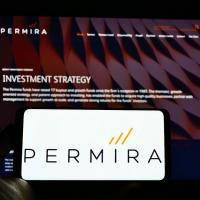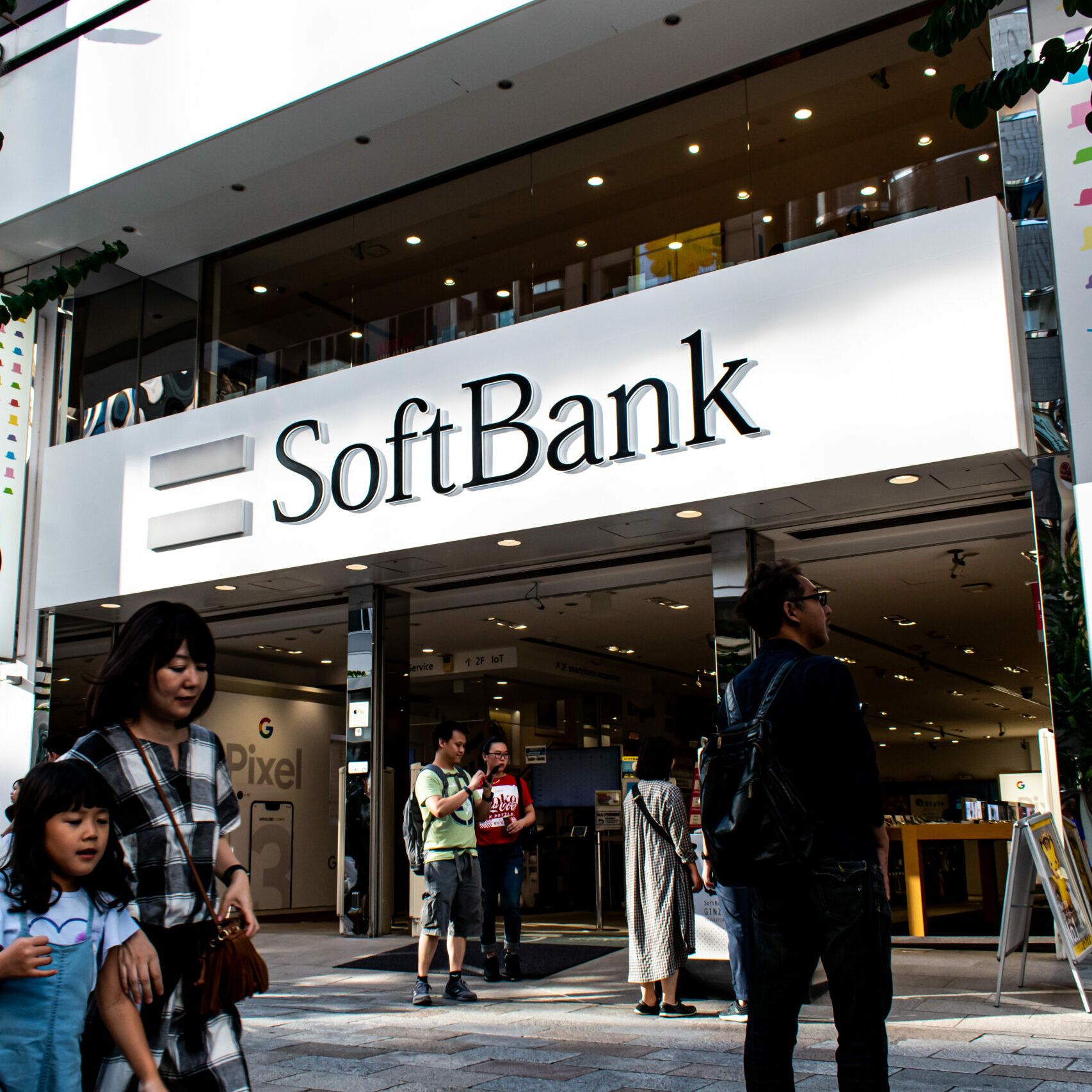Trading in the class A ordinary shares of Lehman Brothers Private Equity Partners, a closed-ended fund of private equity funds investment company, has resumed following the lifting of the suspension o
Trading in the class A ordinary shares of Lehman Brothers Private Equity Partners, a closed-ended fund of private equity funds investment company, has resumed following the lifting of the suspension of trading by Euronext Amsterdam.
Trading in the fund’s shares was suspended followed the filing of a Chapter 11 bankruptcy petition in New York by Lehman Brothers Holdings, the parent company of the investment manager of Lehman Brothers Private Equity Partners. However, neither the management company nor the fund itself are party to the bankruptcy filing, being separate legal entities from Lehman Brothers Holdings.
In a statement, Lehman Brothers Private Equity Partners said it and the investment manager continue to conduct business with minimal disruption and that all personnel of the investment manager involved in the daily business of Lehman Brothers Private Equity Partners and other funds run by the investment manager continue to work on behalf of those funds.
Lehman Brothers Private Equity Partners is established in Guernsey and has a board of directors consisting of three members who are independent from Lehman Brothers Holdings and the investment manager, and two of which work for the investment manager. All board members continue to serve Lehman Brothers Private Equity Partners in their respective capacities.
In the statement, the fund noted that all its assets are segregated from the parent group and that virtually all its cash and securities are held in accounts with non-Lehman entities. By the end of Tuesday, Lehman Brothers Private Equity Partners expects that less than EUR300,000 will be deposited in Lehman Brothers accounts.
According to the statement, there are no inter-company loans between Lehman Brothers and Lehman Brothers Private Equity Partners. Although the latter is an investor in two funds managed by the investment manager, these funds’ assets are similarly segregated from Lehman Brothers Holdings.
The management team of the investment manager has assured Lehman Brothers Private Equity Partners and its board of directors that it is still operating all of its funds and working diligently on behalf of all of its clients. It also believes that the fund’s portfolio of private equity assets will produce attractive returns on capital while managing investment risk through portfolio diversification.
Including the revaluation of public securities and all other valuation adjustments, Lehman Brothers Private Equity Partners’ unaudited net asset value per share stood at USD10.81 on August 31, an increase of 8.1 per cent compared with the NAV per share of USD10.00 at the initial public offering in August 2007.
The fund is currently committed to 59 private equity investments with exposure to more than 2,300 underlying portfolio companies, with investments diversified across asset class, vintage year, geography, industry and sponsor.
The statement notes that the senior management of Lehman’s investment management division is in ‘advanced discussions with a number of potential purchasers’ to sell the business, and hopes that an announcement will be made ‘within a very short period of time’.
As of September 15, Lehman Brothers Private Equity Partners had some USD46.8m of cash on hand, net of pending capital calls, and says it is in compliance with all of the covenants and terms of its line of credit, the full amount of which remains available.
Another Lehman Brothers affiliate which is not a party to the bankruptcy filing, currently owns around 14.5 million shares of Lehman Brothers Private Equity Partners, purchased for USD145m in the IPO, which are subject to a lock-up agreement until July 18, 2010.
As of September 12, the same Lehman subsidiary had purchased a further 802,319 shares in the open market that are subject to the same lock-up restrictions, which can only be removed with the approval of two of the three underwriters from the IPO and a majority of the independent directors.






